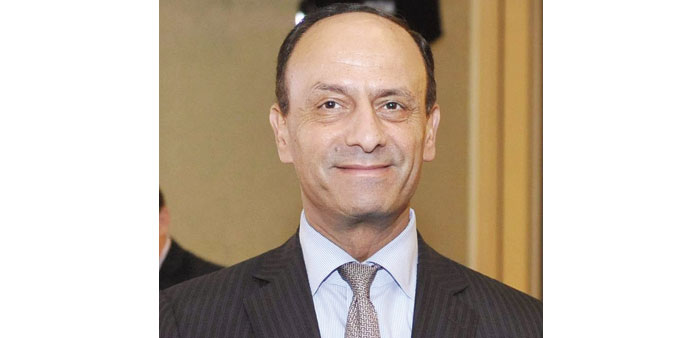About one out of 100 babies born in Qatar has congenital cardiac defect, said Proffessor Ziyad M Hijazi, acting chief medical officer, clinical chief paediatrics, Sidra Medical and Research Centre.
Speaking to Gulf Times on the sidelines of the Sidra Symposium on ‘Fetal Malformation’ yesterday at Four Seasons Hotel, Hijazi pointed out that birth defects are common. “ About 23000 deliveries take place in Qatar each year on an average. It means that around 230 babies are born each year in Qatar with congenital cardiac defect.”
“Fortunately most of the defects are not serious and the babies can be cured with certain medications or minor operations. However some of these birth defects are fatal and serious if they are not treated right within a few days of the birth.”
The Sidra official highlighted that Qatar has one of the lowest infant mortality rate which is probably less than 5 per thousand new born babies.
When asked about the relation between birth defects and consanguineous marriages Hijazi said: “There are of course certain conditions that are related to consanguineous marriages and if there are some gene defects in the family, these genes will align and will cause a birth defect. But many of the birth defects have nothing to do with consanguinity. But some of these defects are related to consanguinity.
The official also said that Qatar has taken several measures to reduce and prevent birth defects. “We are providing premarital counselling. We are conducting screening for both the parents and provide them with necessary information,” he pointed out.
He also noted that medical series such as the one organised by Sidra are extremely important to help local physicians update their information on the latest technology. The use of latest ultrasound technology to diagnose abnormal conditions about babies to be born, is a great help in identifying any defects in them.
There have been significant advancements in the last couple of years in the field of ultrasound in fetal diagnosis and detecting abnormal conditions. These series will help the physicians with more inputs about the latest technology in every field,” he concluded.

